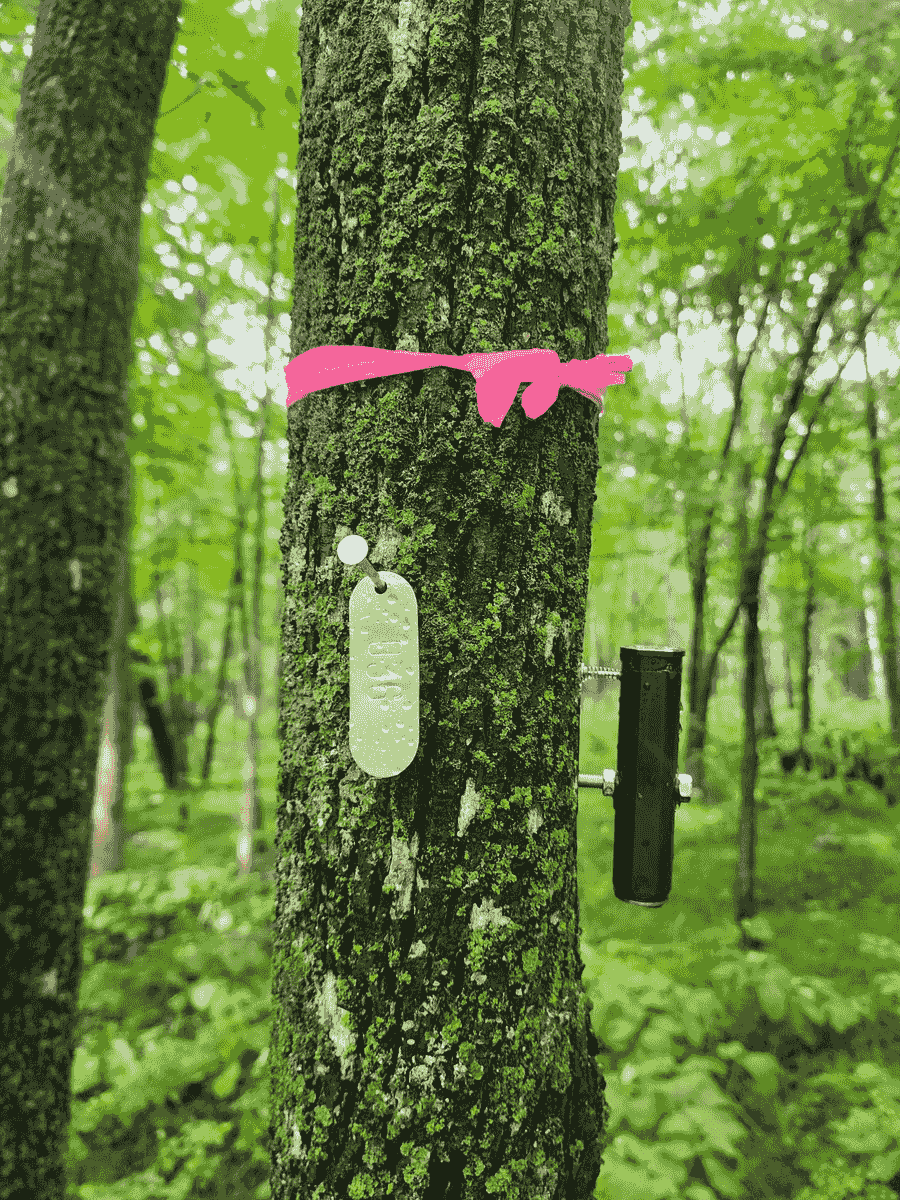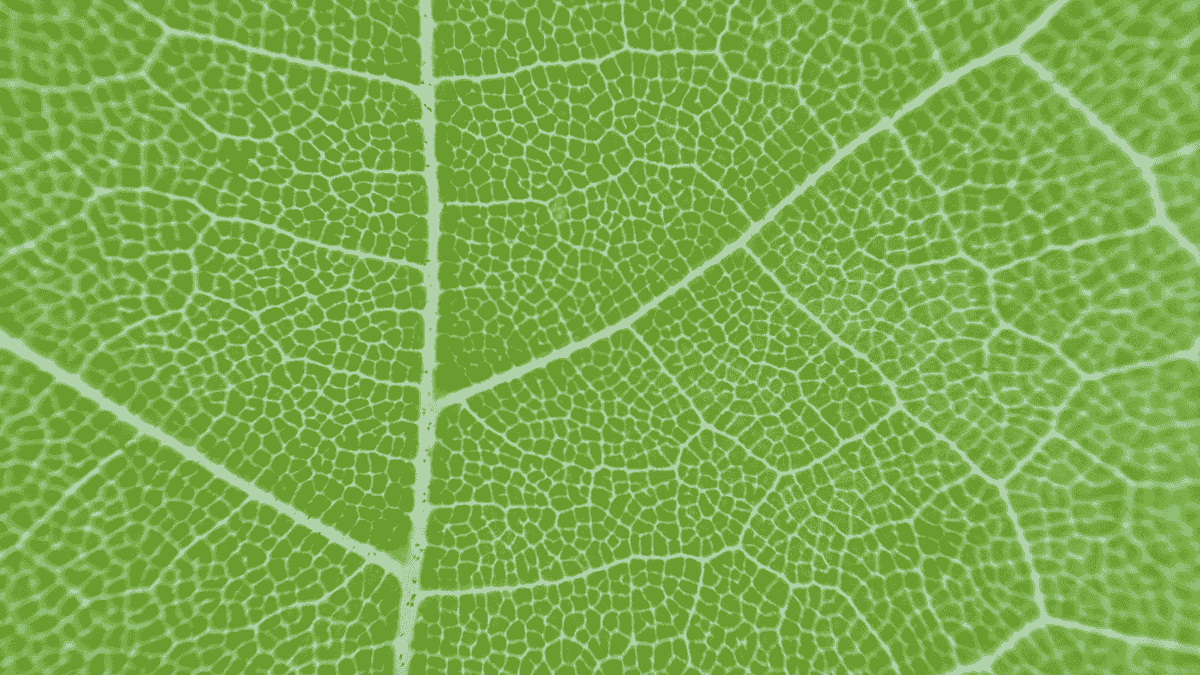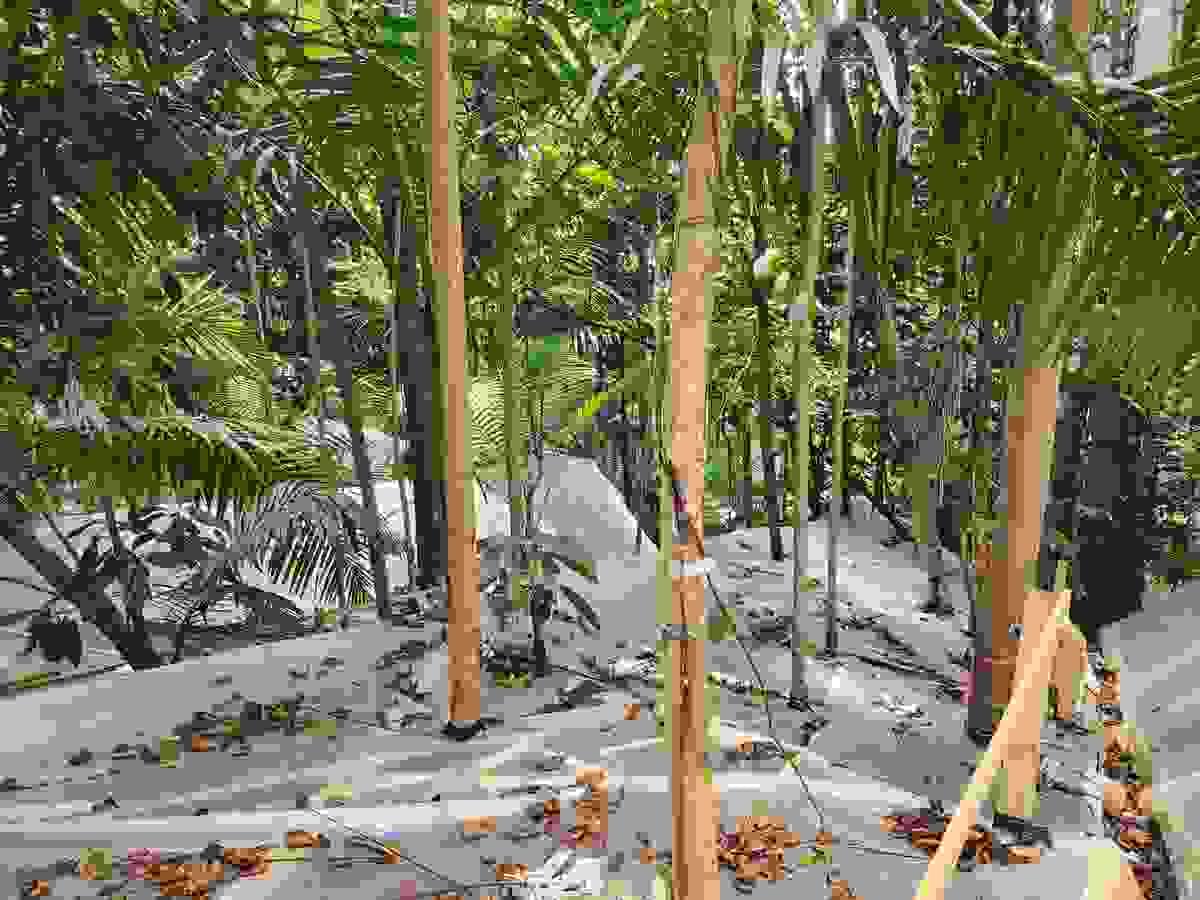
Smith-Martin Lab
Plant ecophysiology and forest ecology
My research focuses on plant ecophysiology and forest ecosystem dynamics under changing environmental conditions. I am broadly interested in understanding how plants respond to water stress, resource limitation, and climate variability, using a combination of field measurements, physiological experiments, and modeling approaches.
People

Dr. Chris M. Smith-Martin
Assistant Professor
Department of Plant and Microbial Biology
University of Minnesota
chrismsmithmartin@gmail.com
I am a Ecophysiologist and my research work integrates plant physiological ecology and forest ecology to understand how environmental factors such as water availability and temperature influence forest function and dynamics.
Education
- Postdoctoral Research: Columbia University
- Ph.D.: University of Minnesota
- B.S.: University of Costa Rica

Dr. Moab Andrade
Postdoc Associate
Department of Plant and Microbial Biology
University of Minnesota
andra223@umn.edu
I am a Plant Physiologist (Brazil). My research focuses on plant stress resistance, development, and photosynthesis in agricultural and florestal species. I have experience in plant ecophysiology, plant hydraulics, drought tolerance, and ecological restoration under climate change scenarios. Currently I am investigating seasonal growth dynamics of teperate trees and the effect of drougth on carbon alocation in tropical trees.

Lic. Roxana Alveo
Ph.D. Student
Department of Plant and Microbial Biology
University of Minnesota
alveo001@umn.edu
I am Panamanian biologist broadly interested in plant ecophysiology and plant anatomy. In my previsous experience have been working on various projects related to heat tolerance, stomatal conductance, plant reproduction, and photosynthesis, contributing to a better understanding of plant responses to environmental stress in tropical ecosystems.

Lic. Andrés Rojas-González
Ph.D. Student
Department of Plant and Microbial Biology
University of Minnesota
rojas281@umn.edu
I am a Tropical Biology researcher (Costa Rica) focused on ecology and tropical ecosystems. I have contributed to projects on functional ecology and tropical forest dynamics. At the Laboratory of Functional Ecology and Tropical Ecosystems in the National University of Costa Rica, I have collaborated on field courses, research projects, and student mentorship. My experience includes national & international collaborations with UNA, UCR, OTS, and the University of Hannover, UC-Davis, STRI, as well as research on forest fluorescence and canopy ecology in tropical environments.
Ongoing projects

Tree Growth Dynamics in Response to Seasonal and Environmental Change
We are conducting a study on the radial growth dynamics of 15 temperate tree species, focusing on how growth responds to seasonal patterns and environmental variability.
We are using point dendrometers to obtain high-resolution, continuous measurements of stem radial changes, coupled with soil moisture probes that track water availability in the rooting zone. This combined approach allows us to disentangle the effects of short-term environmental fluctuations (e.g., rainfall, temperature) from long-term seasonal growth trends.

Hydraulic Vulnerability in Temperate Trees
This project focuses on the hydraulic vulnerability of the most abundant species in the ForestGEO plot, including 15 especies both broadleaf and conifer species. Our research assesses how stems and leaves respond to progressive drought stress, aiming to understand organ-specific thresholds of hydraulic failure.
We apply the optical vulnerability method (OVM), a non-destructive technique that uses high-resolution imaging to directly observe embolism formation in xylem conduits as tissues dehydrate. From these observations, we build vulnerability curves that quantify the loss of conductivity and identify species- and organ-specific resistance levels.
Ultimately, our work provides insights into the mechanisms that shape forest resilience under increasing climate extremes.

Non-Structural Carbohydrates and Drought in Tropical Forests
We are investigating the role of non-structural carbohydrates (NSC) in buffering tropical trees against drought stress, within the framework of a large-scale rain exclusion experiment.
Our work focuses on quantifying NSC concentrations and dynamics across leaves and stems to assess how carbon storage and mobilization respond to reduced water availability. By integrating NSC data with physiological and environmental measurements, we aim to uncover species-specific strategies of carbon allocation and resilience.
This research provides key insights into the mechanisms by which tropical forests withstand or succumb to increasing drought frequency and intensity under climate change.
© 2021






